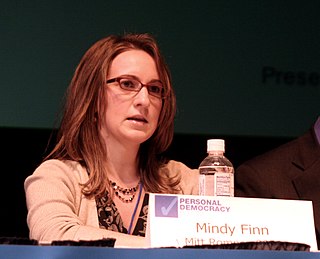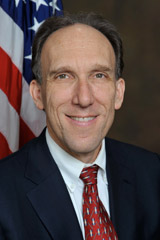A Quote by Hillary Clinton
It is absolutely without contradiction that when women are encouraged to participate in the formal economies of their societies, the economy grows.
Related Quotes
I think what grows the economy is when you get that tax credit that we put in place for your kids going to college. I think that grows the economy. I think what grows the economy is when we make sure small businesses are getting a tax credit for hiring veterans who fought for our country. That grows our economy.
I think the fact that our economy has changed dramatically over the last 20 years. It's a new economy that has really left some people behind but it has also leveled the playing field in way that has really provided access to women and people of every color, race, and creed to participate and thrive. So while that's not explicitly a women's issue, what it highlights is that women have more opportunities than they've ever had in this country.
The de industrialization of the US. economy based on the migration of corporations into third world areas where labor is very cheap and thus more profitable for these companies creates on the one hand conditions in those countries that encourage people to emigrate to the US. in search of a better life. On the other hand, it creates conditions here that send more black people into the alternative economies, the drug economies, women into economies in sexual services, and sends them into the prison industrial complex.
Transforming our societies and our economies is an agenda that requires the participation of all. Gender equality and the empowerment of women and girls are key. Including and empowering women and girls to develop and implement climate solutions is the right thing to do. It is also the smart thing to do.
Growing economies are critical; we will never be able to end poverty unless economies are growing. We also need to find ways of growing economies so that the growth creates good jobs, especially for young people, especially for women, especially for the poorest who have been excluded from the economic system.
There is a section of our population in South Africa that you can't expect to get integrated in the economy of its own. These are people without skills and that will include young people who might very well have matric certificates, but don't have the skills to be absorbed in the economy. So we need to target people like those in a special way, in a focused way so that they have the skills and the capacity to participate in the economy. That requires special programmes.
































